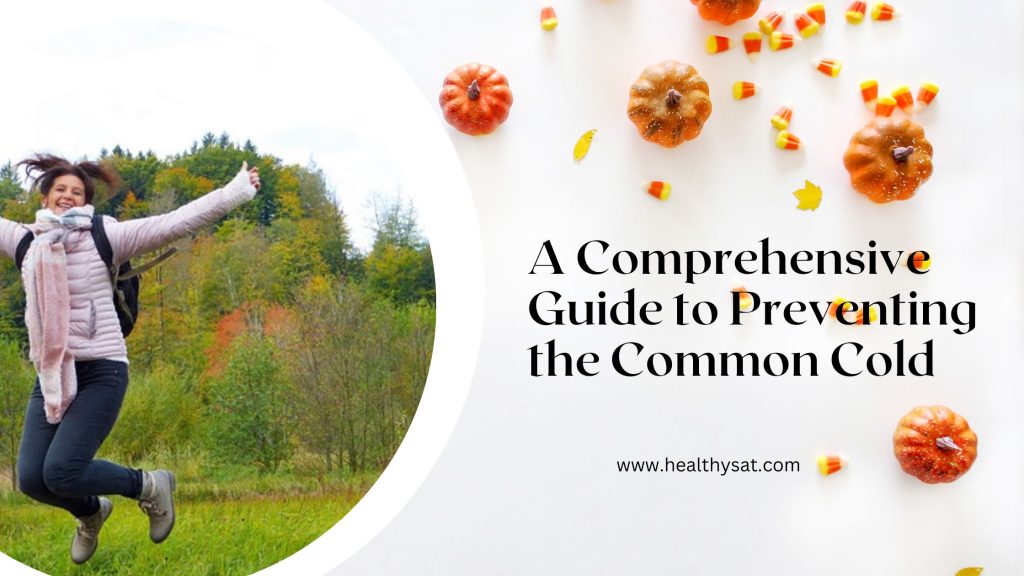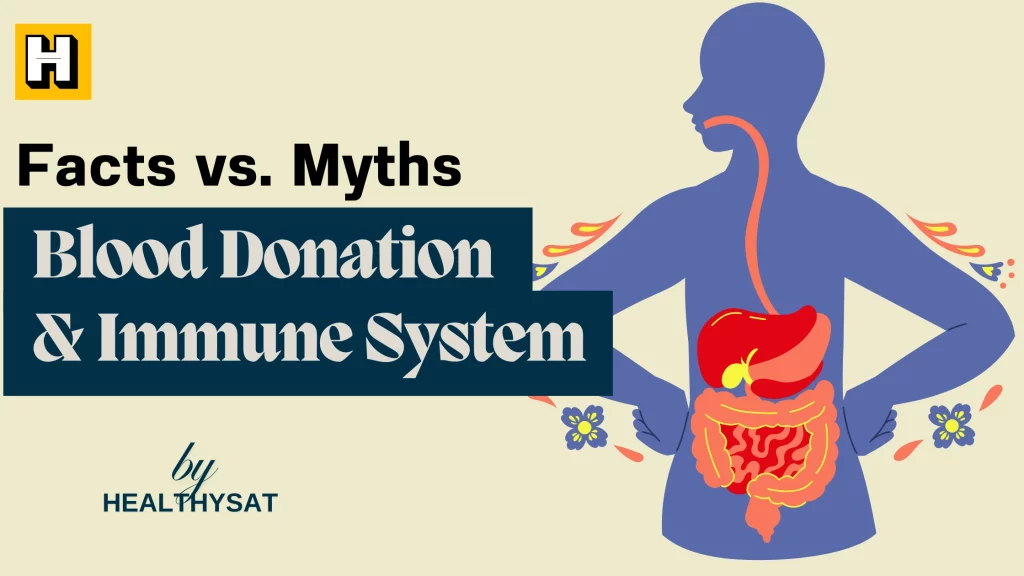Winter has arrived, bringing with it the fear of colds and flu. Many individuals get sick from these common ailments each year, but with a little planning and work, you may lower your chances of becoming ill. This post will go through the numerous ways to prevent colds and stay healthy this winter.
Recognizing the Common Cold
Before we go into ways to prevent colds, let’s first define the common cold. The common cold is an infection caused by a virus that affects the upper respiratory system, including the nose, throat, and sinuses. The virus is extremely contagious and easily spreads from person to person via coughing, sneezing, or close contact.
Common cold symptoms include a runny or stuffy nose, sore throat, cough, headache, exhaustion, and muscular aches. While the symptoms are unpleasant, the common cold is usually not dangerous and resolves itself within a week or two.
The Value of Good Hygiene
Good cleanliness is one of the most efficient strategies to avoid catching a cold. One of the best ways is often washing your hands with soap and water, especially after getting in touch with someone ill or utilizing public transit. Furthermore, you should avoid touching your face as much as possible, especially your nose and mouth, as this is one of the ways viruses enter your body.
Improving Your Immune System
A robust immune system is your best defense against cold and flu viruses. To strengthen your immune system, get adequate sleep, exercise regularly, and eat a balanced diet rich in fruits, vegetables, and whole grains. Consider taking a daily multivitamin to ensure that your body gets the vitamins and minerals it requires to function properly.
Maintaining Hydration
Water is necessary for nutritional health and can help prevent colds and flu. Water helps remove toxins from your body and keeps your mucous membranes moist, making it more difficult for viruses to take hold. Drink plenty of water, especially during the winter when the air is dry, and your body is more prone to illness.
Avoiding Crowds
During the cold and flu season, it is critical to avoid crowded locations as much as possible. This includes retail malls, movie theaters, and other public events where people are near one another. If you must attend a huge gathering, wash your hands frequently and avoid touching your face.
Getting a Flu Shot
Getting a flu vaccination is one of the most effective strategies to prevent colds and flu. The flu shot protects you against the most prevalent strains of the flu virus, which is especially important for those at high risk of developing serious consequences from the flu, such as older people, young children, and those with chronic medical conditions.
Cleaning and disinfecting
Cleaning and disinfecting regularly touched objects in your home, such as doorknobs, light switches, and worktops, can help decrease the transmission of cold and flu viruses. This is especially crucial during the cold and flu season when the risk of infection is greatest.
Taking Care of Yourself When You’re Sick
If you become ill, you must take care of yourself and avoid transmitting the infection to others. This includes staying home from work or school, covering your mouth and nose when coughing or sneezing, and washing your hands. It would be best to avoid close contact with others, especially those at high risk of acquiring significant flu complications, such as the older people, small children, and those with chronic medical issues.
Rest and plenty of fluids are also essential for your body’s recovery. Over-the-counter drugs like acetaminophen and ibuprofen can help reduce symptoms like headaches, muscle aches, and fever. If your symptoms persist or worsen, you should consult a doctor to decide if you require additional therapy.
Conclusion
Cold and flu prevention includes a combination of personal cleanliness, immune system boosters, and avoiding crowded locations. Being proactive about your health may lower your chances of being sick and enjoy a healthy winter season. Remember to get a flu shot, remain hydrated, and care for yourself if you become ill. With a little effort, you can stay healthy and fight off colds and flu this winter.
FAQs
It would help if you washed your hands often, especially after contacting someone ill or using public transit.
Regular exercise can help increase your immune system, which is your best defense against cold and flu viruses.
Boosting your immune system entails getting adequate sleep, exercising regularly, eating a balanced diet, and taking a daily multivitamin.
No, it is not feasible to avoid catching a cold because the virus is very contagious and readily spreads. However, you may lower your risk of getting sick by practicing proper hygiene and increasing your immune system.
The common cold normally clears up within a week or two. It’s critical to see a doctor if your symptoms persist or worsen.







